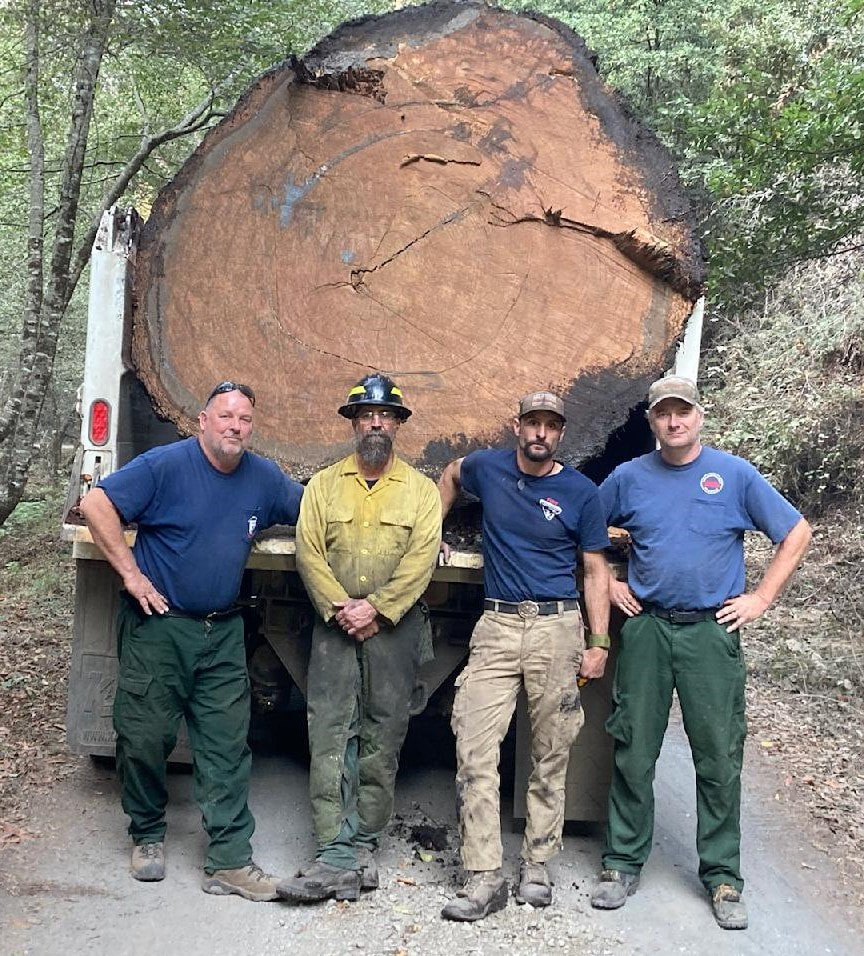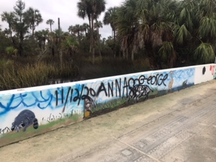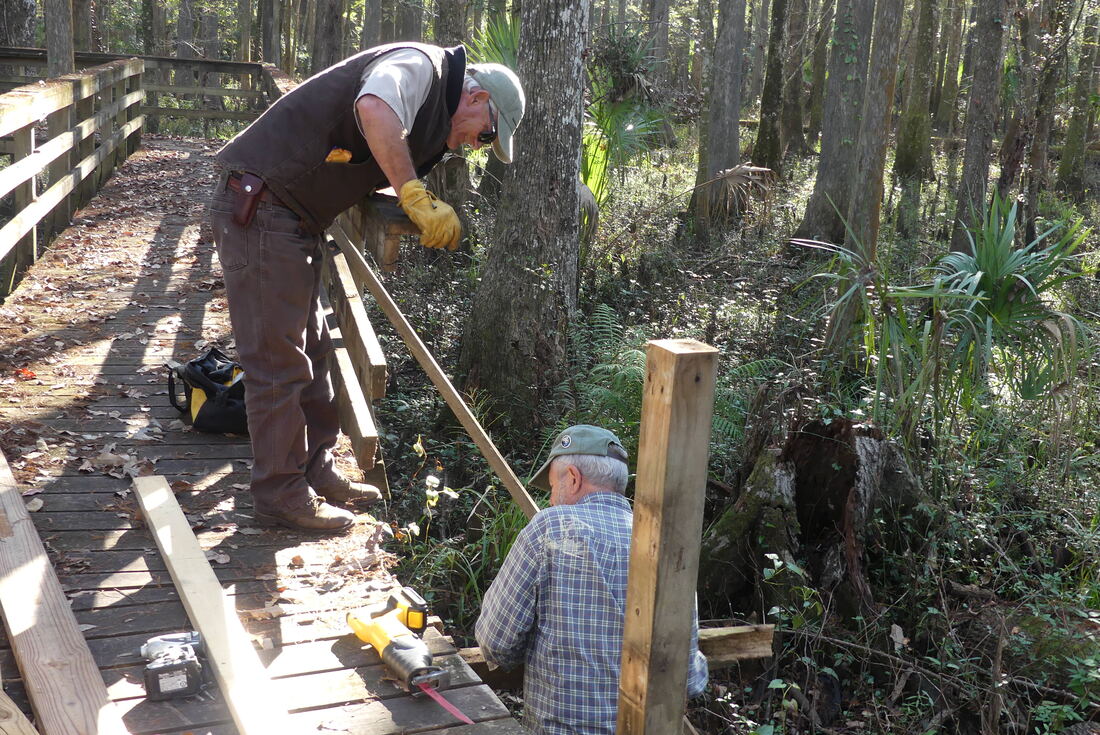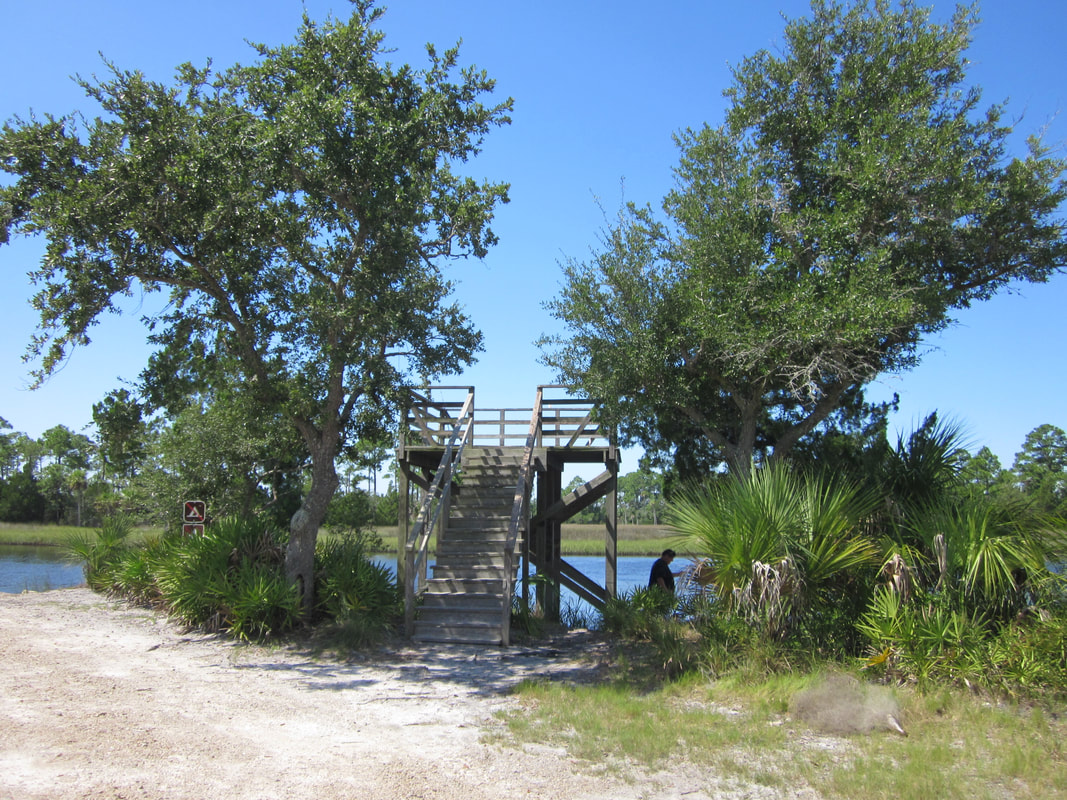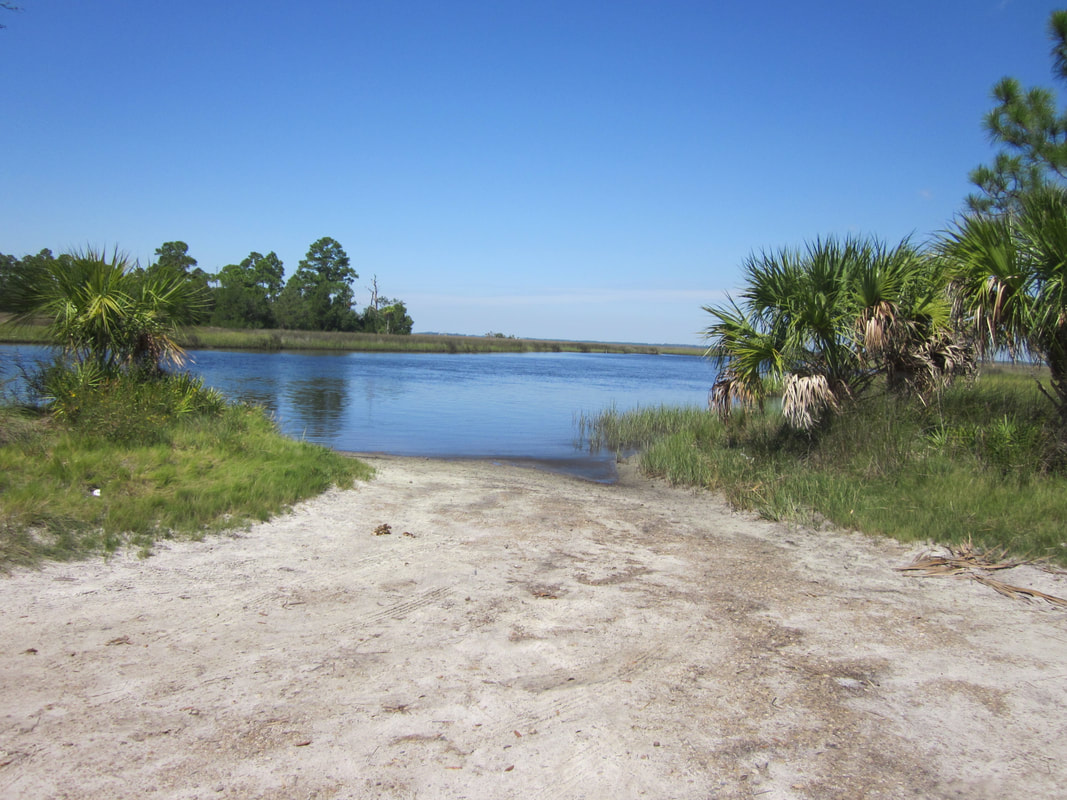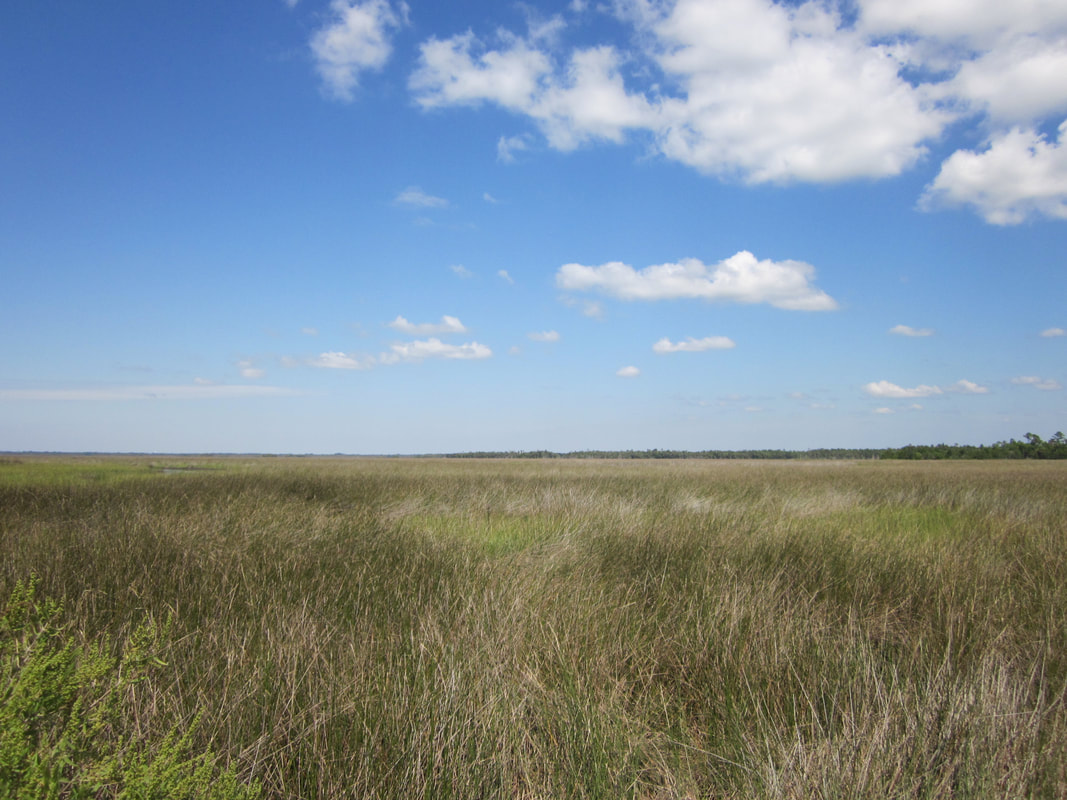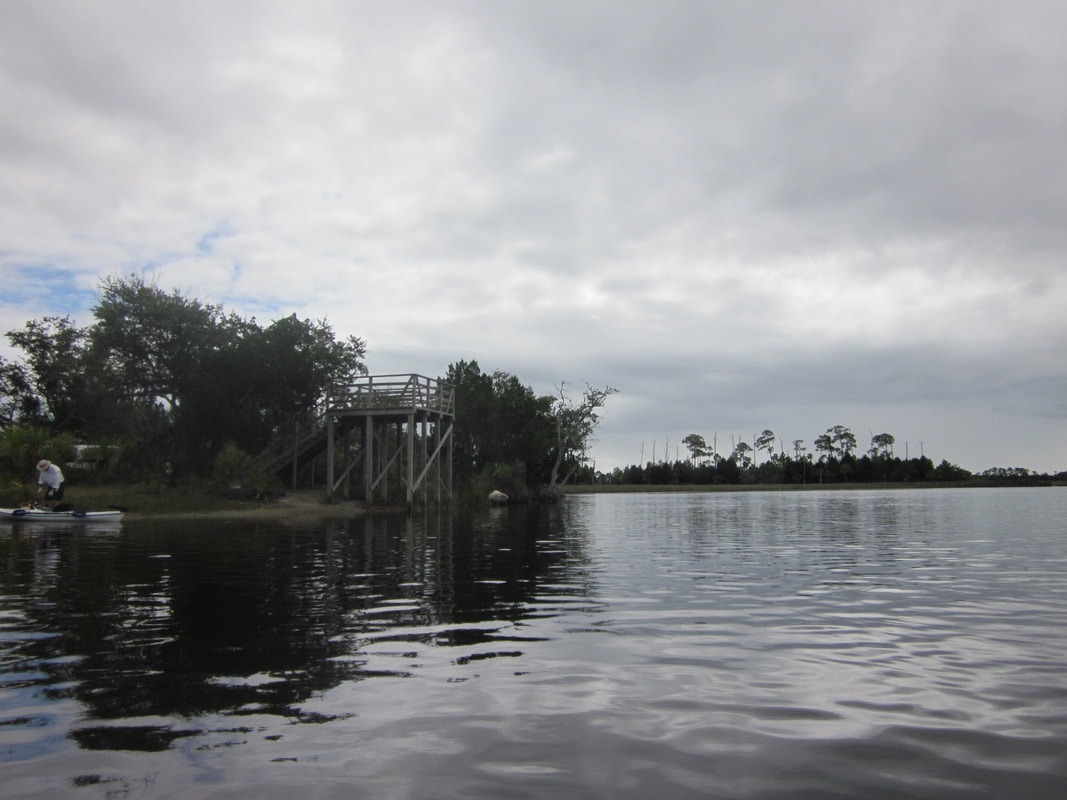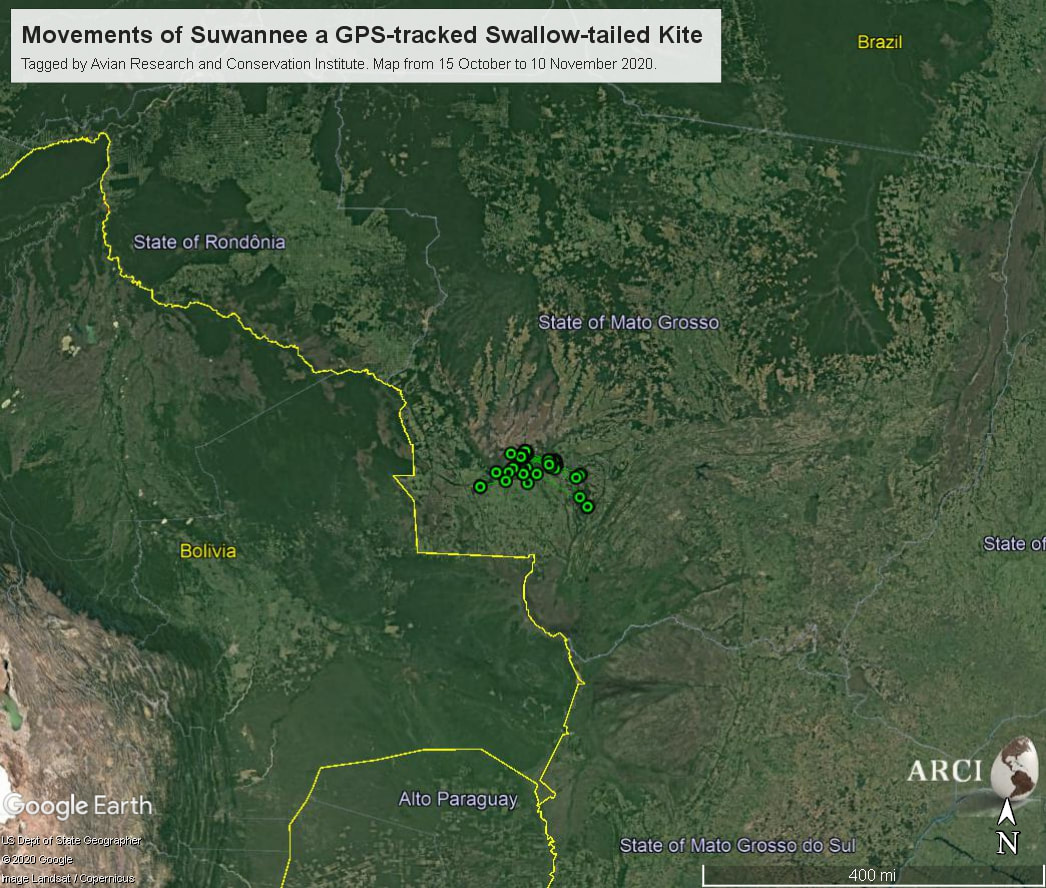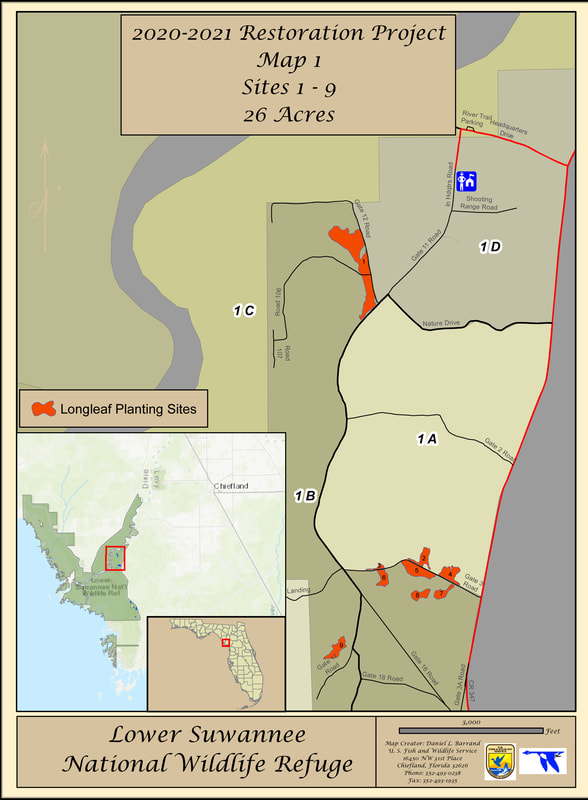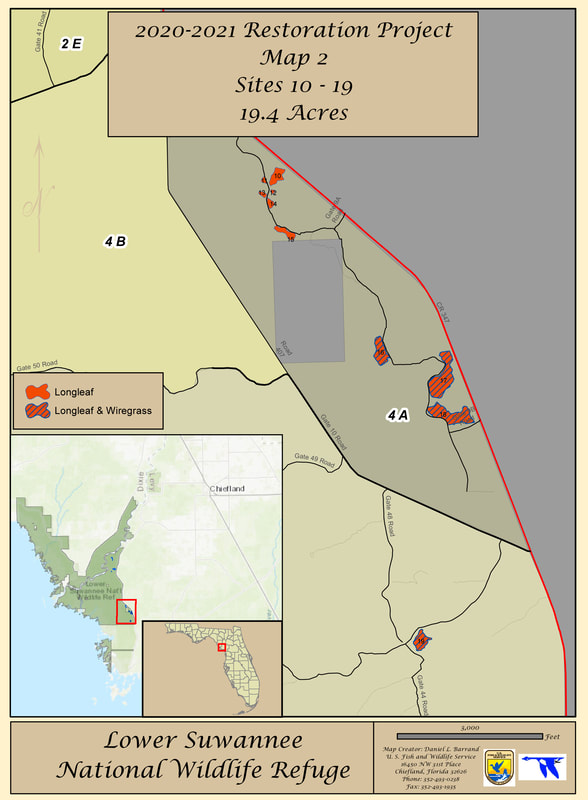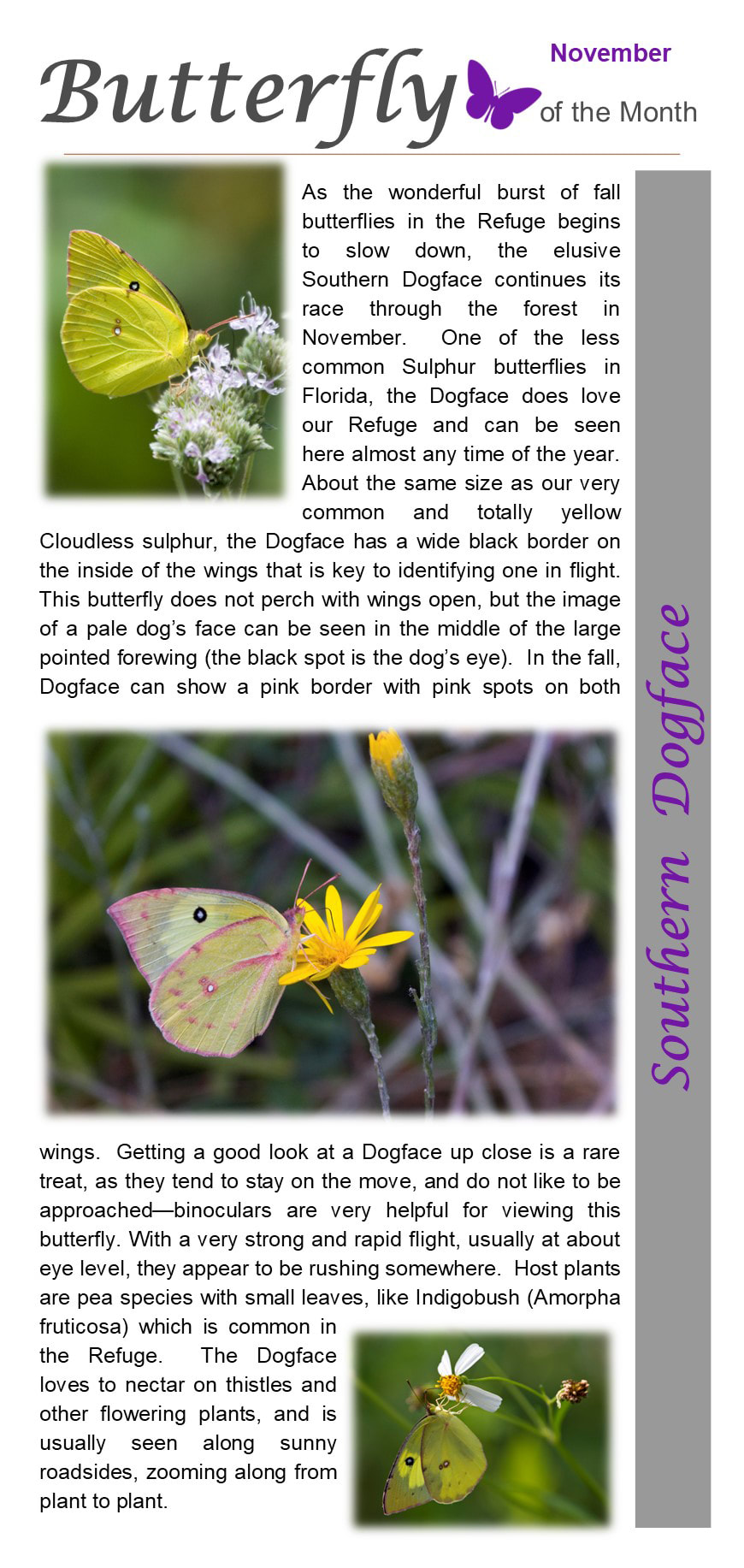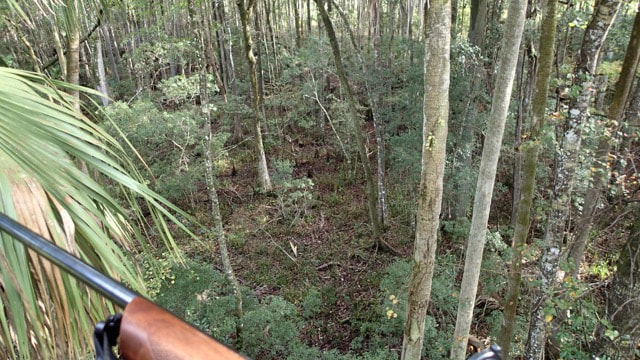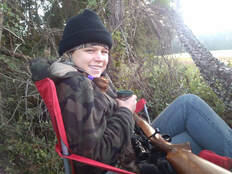|
Our Friends organization has been under pressure for several years to enter into a formal partnership arrangement with the U.S. Fish and Wildlife Service (FWS), making us part of their official Friends program. We resisted signing the proposed Partnership Agreement with the FWS because our Board of Directors felt that it infringed too much on our status as a 501(c)(3) private nonprofit organization. FWS is now requiring that all Friends groups sign the Agreement in order to continue their close association with the refuges. In light of that new requirement, the Board weighed the options further and, reluctantly, has again decided not to sign “at this time.” On one hand, we realize that it is not unreasonable for FWS to exert some control over Friends organizations that are using refuge facilities, and often are, or seem to be, working in conjunction with FWS on refuge improvements, group activities, and fund raising. One can imagine a rogue Friends group engaged in activities that do not benefit or reflect well on the refuge system. On the other hand, the details of the Partnership Agreement gave us pause, once again. For example, it requires us to agree to:
The board decided that despite it being reasonable for the FWS to have some oversight, the level of control that the Partnership Agreement requires us to voluntarily give to FWS feels excessive. Other Friends groups are also pushing back against this requirement. While the discussions are continuing, we will maintain our close and effective relationship with our Refuge Manager and all our Refuge staff members, and will keep you informed of the status of things. The Board members would welcome your comments about this issue either in this blog, by email at [email protected], or in person.
6 Comments
Despite the pandemic, work at the Refuges continues as usual. The Refuge staff members have been helping with the Nature Coast biological Stations Cedar Key Living Shoreline Project. Using the Refuge"s front-end loader, Jason Coates has placed large boulders around a bridge on the Airport Road section of this project.
The project to rebuild the fishing pier at Shell Mound is being contracted. It probably will not start until the spring.
Fishbone Creek, a popular fishing and viewing platform on the Dixie County side of the Lower Suwannee NWR, It has been closed for three weeks due to vandalism; the railings were torn off. While inspecting it, Refuge staff noted that one of the upright posts was clearly rotted to the point of being unsafe.
While it was closed many dedicated users called Refuge Manager Andrew Gude and other Refuge staff to express concern. Some offered their contracting, fabricating, and construction services to speed along the re-opening of the popular site. Andrew kept these contacts on a "friends of Fishbone" list. When the U.S. Fish and Wildlife Service's Gulf Restoration Office, which manages and coordinates RESTORE Act monies, had an opportunity to extend additional grants to refuges, Andrew applied. Lower Suwannee NWR was selected and after negotiation to allow its use for Fishbone Creek restoration, the money will be allowed to be used to explore a potential Fishbone Fishing and Viewing Platform rebuild. The new construction would use materials that don't rot and that resist arson. The possible reconstruction would have an ADA accessible platform at ground level, a parking pad, a graveled parking lot, and permeable geo-matting to prevent erosion from boat launching off the bank. "What was so heartening about this whole situation were the responses from the dedicated, loyal, and responsible users when we had to close Fishbone", said Andrew. "Because of the extent and frequency of previous vandalism, and after hearing from so many fans of this site, we will consider providing access in the future through Special Use Permits to allow the site to achieve its maximum potential as a safe and lasting recreational favorite." On the afternoon of November 10th, two large aircraft flew at an estimated altitude of 300-feet over the islands off Cedar Key. The large and noisy planes raised concerns about their mission and the possible disruption they can cause wildlife. And, this isn’t the first time that this type of aircraft has made disturbing passes over the islands.
Though not confirmed, the planes are likely based out of the Naval Air Station in Jacksonville and are presumed by Refuge staff to be military aircraft developed to operate in the anti-submarine warfare, anti-surface warfare, and shipping interdiction roles. Refuge staff are making inquiries with NAS/JAX to discuss the situation and discourage or prevent future flyovers. Jim Wortham, FWS wildlife biologist pilot, reports that civilian pilots are requested to remain above 2000' while flying over national wildlife refuges for the protection of wildlife. Disturbances from aircraft overflights have proven to be harmful to seabirds and shorebirds due to reduced reproductive success, increased predation, increased energy expenditure and reduced habitat use. A close-to-home example of this type of disastrous impact to wildlife occurred in 2015 when early one morning an employee arrived for work on Seahorse Key and discovered all of the colonial nesting birds had abandoned the key. There was no obvious explanation. To this date, scientists continue to study the situation, but no definitive answers have been provided. Early speculation included flyovers as one of the possible causes. Fortunately, most of the birds relocated to Snake Key, and some active Osprey nests remain on nesting poles around Seahorse Key. When available, updates will be provided. Gina Kent of the Avian Research and Conservation Institute reported that after not "hearing" from our Suwannee Kite for almost two months, he "popped up" in Mato Grosso, Brazil.
Check Audubon's Suwannee page for live tracking and fast-forward using the slider under their tracking map. Under the leadership of Refuge Forester Daniel Barrand, the Lower Suwannee Refuge plans to plant 45 acres of longleaf pine on 19 sites and 15 acres of wiregrass plugs on 4 sites on the Levy County side of the refuge. This restoration project is a site conversion from slash pine to longleaf. Fifty-four thousand containerized longleaf and 18,000 containerized wiregrass plugs will be planted at a density of 6' x 6', which will be 1,200 trees per acre and 1,200 plugs per acre.
The Lower Suwannee NWR has successfully finished the fourth of 10 hunts this season, General Gun Season. The fifth hunt of the season is the three-day Family Senior Hunt on November 20 to 22. The sixth is a four-day Thanksgiving General Gun hunt from November 26 to 29. The Refuge scheduled these hunts for families coming together during Thanksgiving to provide these opportunities on the Refuge.
The U.S. Army Corps of Engineers Jacksonville District has proposed a project for maintenance dredging of the McGriff Channel at Suwannee River to restore the channel depth and width for safe and efficient navigation along the length of the extant federal navigation project.
The proposed dredging will take place at McGriff Pass (Wadley Pass), at the mouth of the Suwannee River in Dixie County, and encompasses a portion of the Suwannee River Federal Navigation Project, which borders Levy and Dixie counties. The district proposes to dredge 50,000 to 60,000 cubic yards of material for placement at Cat Island, restoring beach area lost in recent decades to erosion and sea level rise. The placement will beneficially create some 10 acres of bird habitat and help protect archaeological deposits affected by erosion. The project is tentatively scheduled to be constructed from December 2021 through March 2022 to avoid impacting the Gulf sturgeon migration period. Future periodic maintenance dredging may occur anywhere within the federally authorized channel. A copy of the Draft Environmental Assessment and supporting documents are available for public review at the link below. Go to the link, then click on Dixie County and scroll down to Maintenance Dredging of the McGriff Channel at Suwannee River: www.saj.usace.army.mil/SuwanneeRiverDredgingEA. Interested individuals and parties are invited to review the EA and submit comments for consideration either via email or by U.S. Postal Service. The district strongly requests that comments be submitted via email due to staffing impacts of the coronavirus. Send comments via email to: [email protected] Mail comments via U.S. Postal Service to: DEPARTMENT OF THE ARMY Corps of Engineers, Jacksonville District 701 San Marco Boulevard Jacksonville, Florida 32207-8175 Comments must be received by Dec. 1, 2020, for consideration. |
Archives
June 2024
|

Friends of the Lower Suwannee & Cedar Keys National Wildlife Refuges
P. O. Box 532 Cedar Key, FL 32625 [email protected] We are a 501(c)(3) nonprofit organization. |
|
